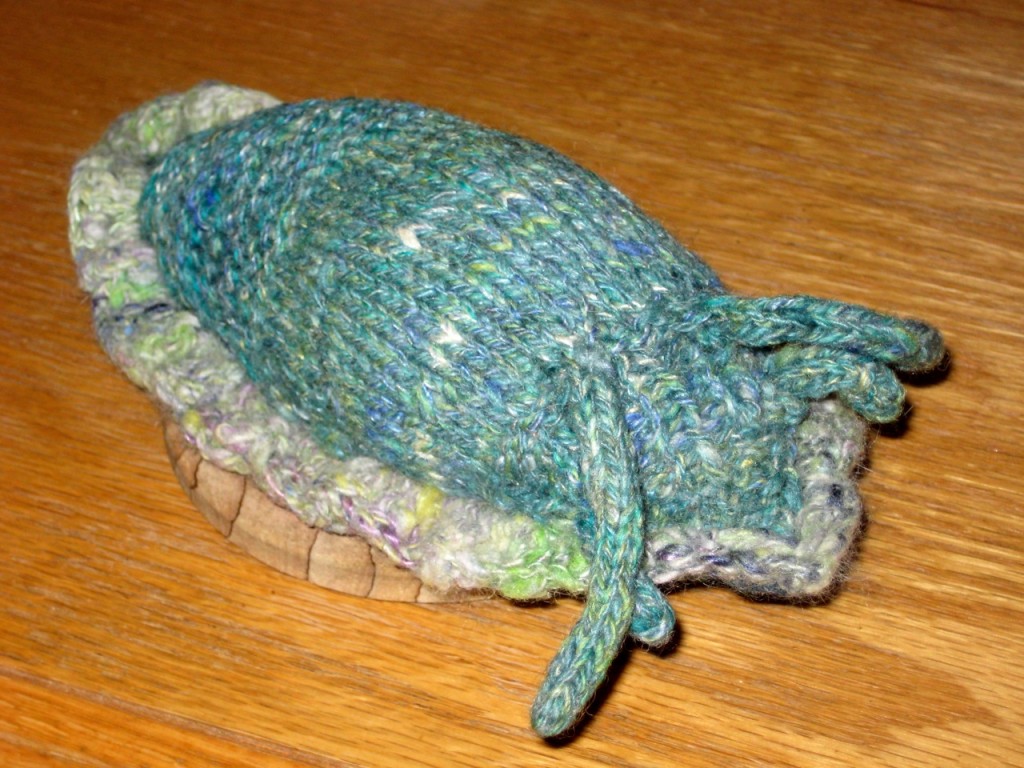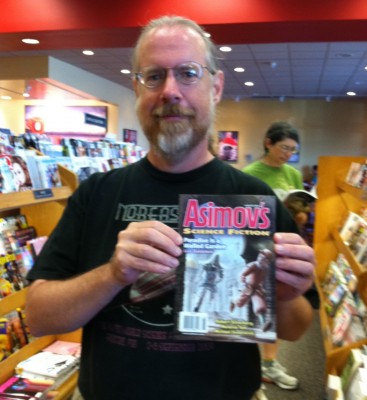Because it was so precisely in my wheelhouse, I simply had to submit a story for the Universal Basic Income short story contest Into the Black.
I plugged away at a story most of October. In particular, I worked on it three different times with Elizabeth Shack’s Thursday writing group. And I got a story nearly finished, except it refused to turn into a basic income story.
Finally, about three days ago I gave up trying to twist that story into a basic income story and sat down to write another—even though I only had four or five days until the submission deadline.
It reminded me of Clarion in a way—sitting down at my computer, determined to get a story done in less than a week. At Clarion the motivation was simply that if you didn’t get a story done each week you’d miss out on the chance to get a story critiqued by that week’s instructor, but it was enough. And this made for a similarly strong motivation.
And I’m pleased to report success: I finished a draft on Saturday. On Sunday I read through it and made minor edits and gave it to a couple of first readers. Today I made another pass through it, making changes suggested by my reader’s comments, and then submitted it to the contest.
That was all fun and good, but there is yet more good.
First, the story that would not be a basic income story is nevertheless a perfectly good story. I’ll let it sit for a bit, then go through and remove the failed attempts to twist it into one, and then take a go at finishing it on its own terms. I’m hopeful.
Second, there’s also a fragment of that story that I pulled out and stashed that might well turn into another story. It was part of one effort to twist the story, but it’s really a pretty good idea in its own right, and might make for a whole story all on its own.
So I come out of this with one finished story, one mostly-written story, and a few fragments of a possible third story. Go me!
I am also reminded that I have a couple of finished, critiqued stories that only need a rewrite pass to be ready to submit to markets, which I have been woefully lax about submitting. (My Clarion instructors would be appalled.)
So, with a little luck, in a matter of days I might well have five stories out to markets. Well, not luck exactly: Diligence and persistence are what’s called for.




